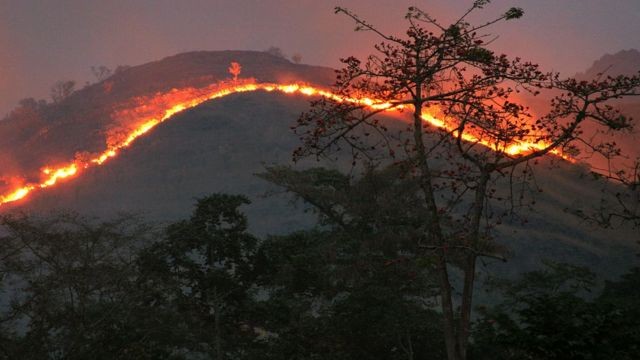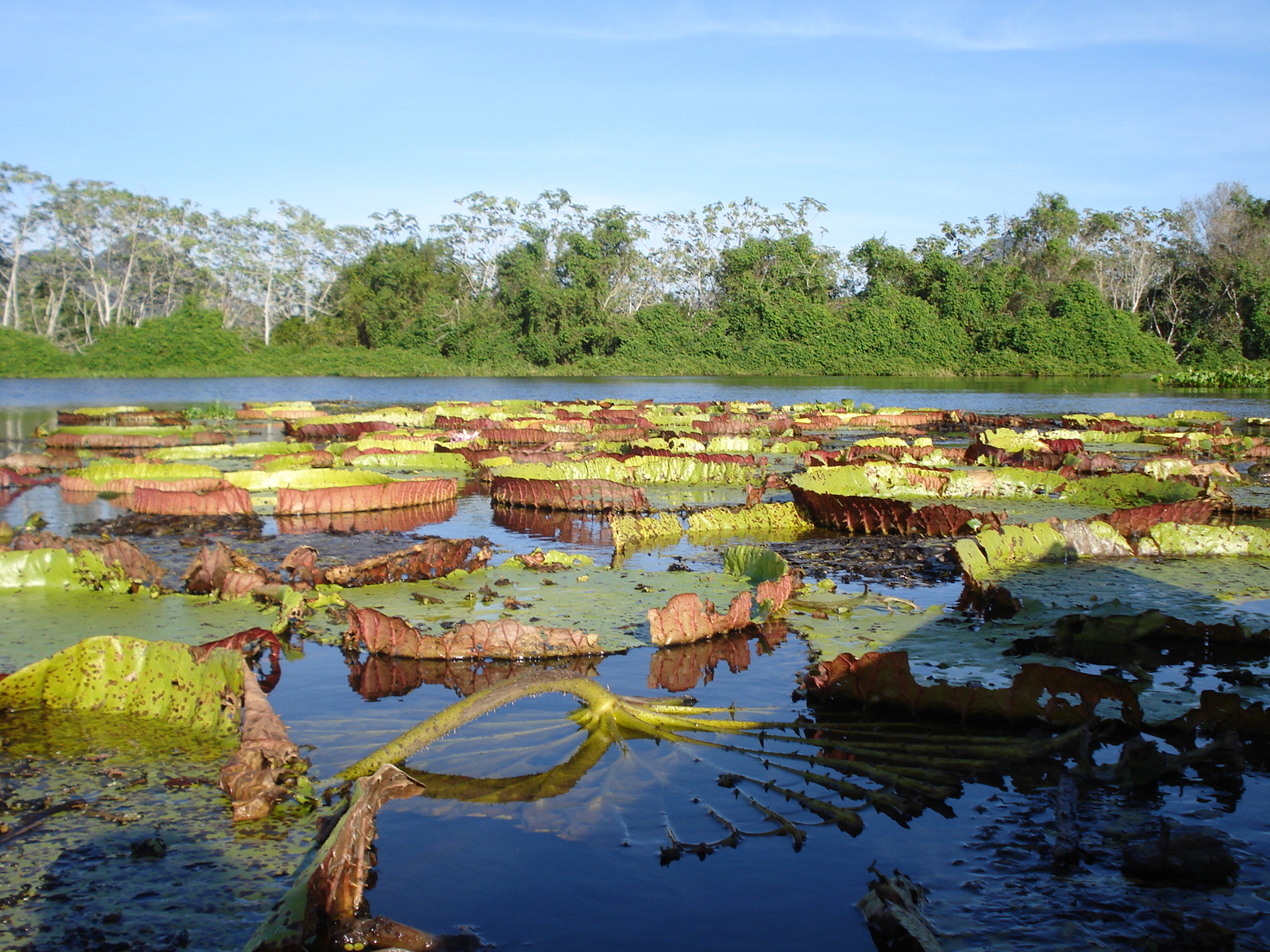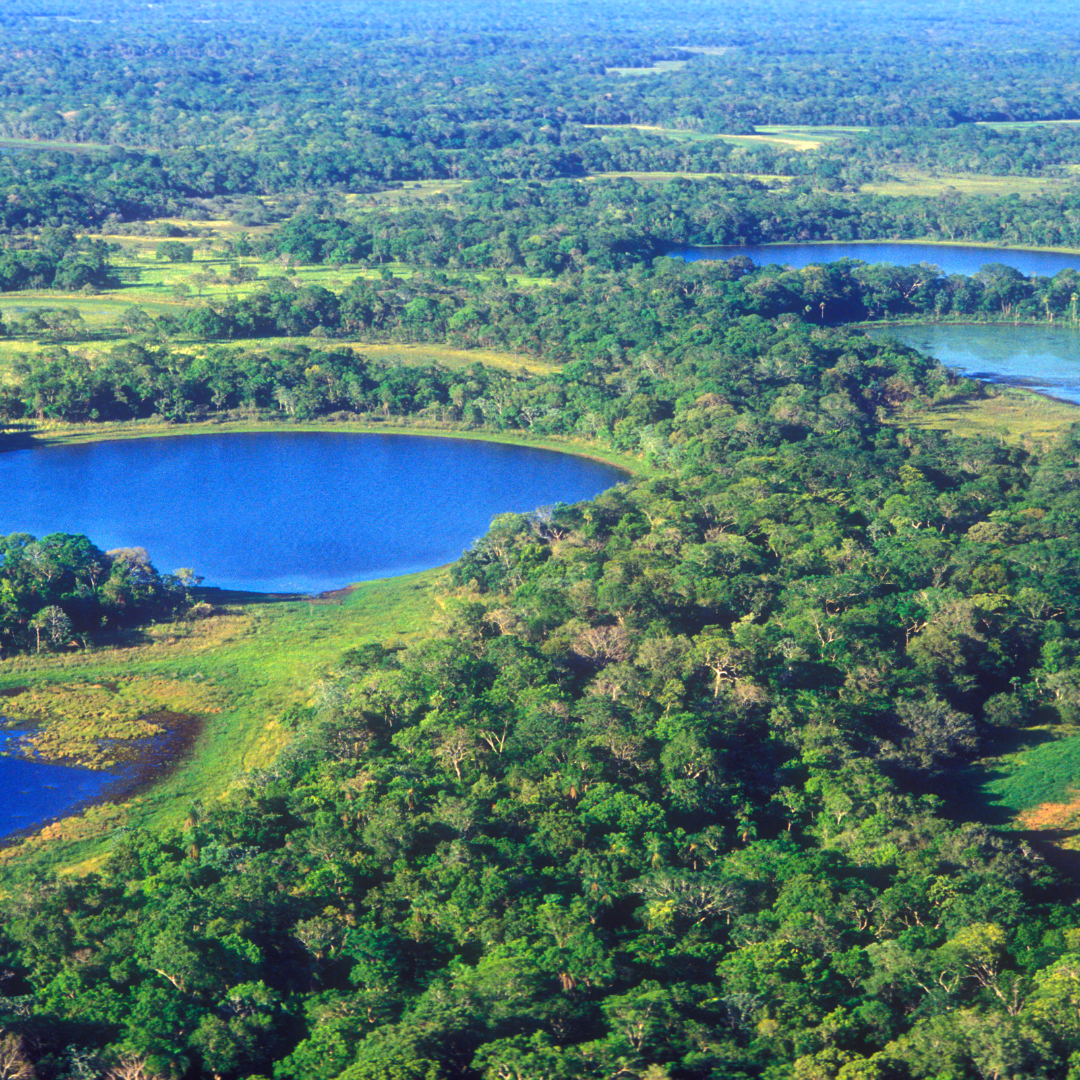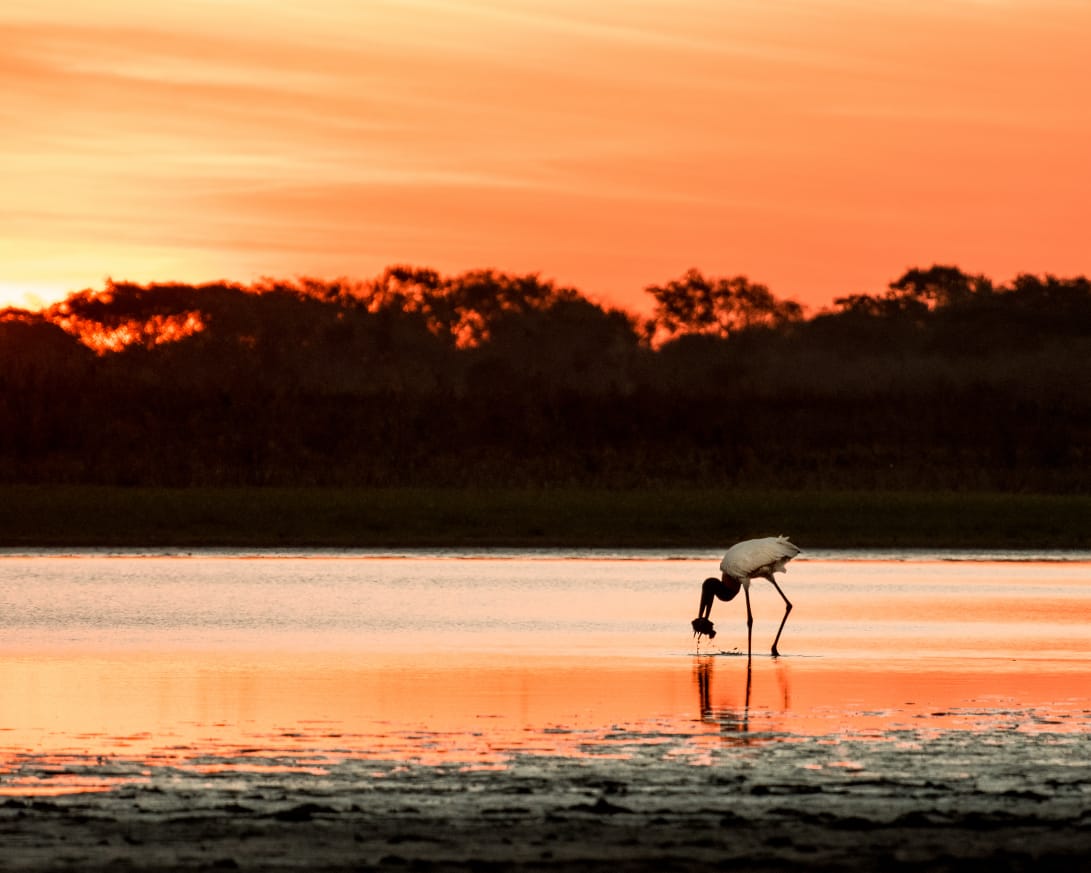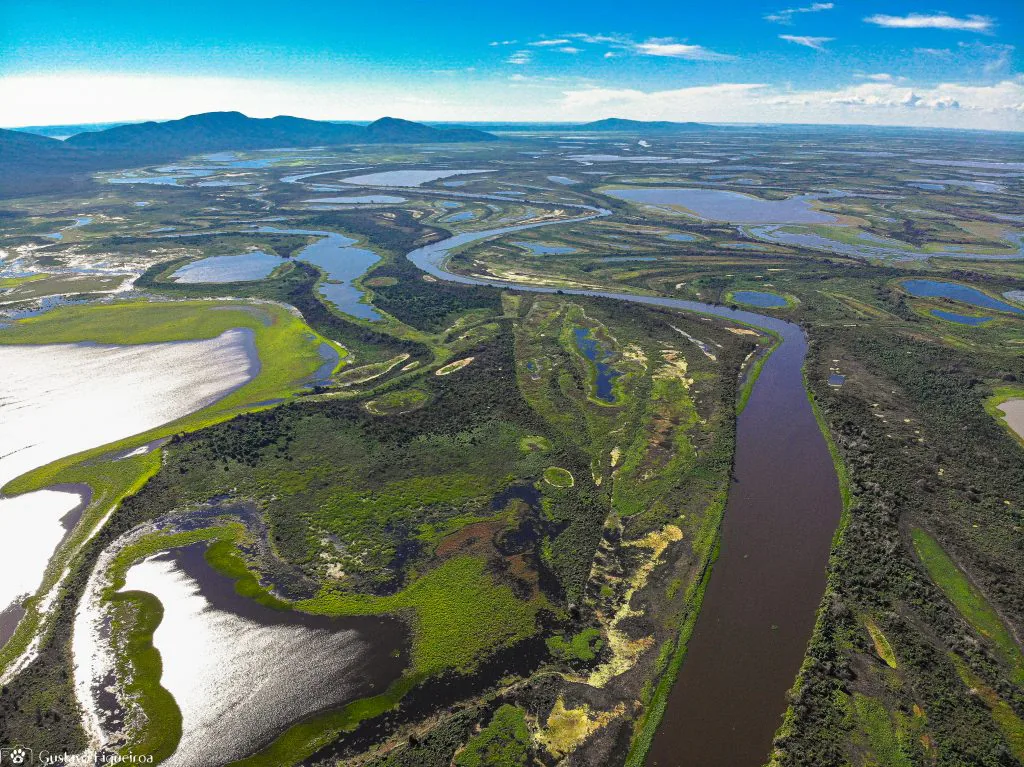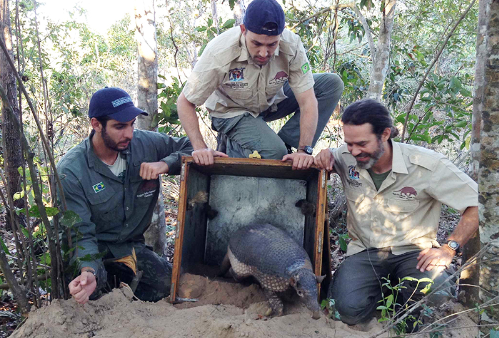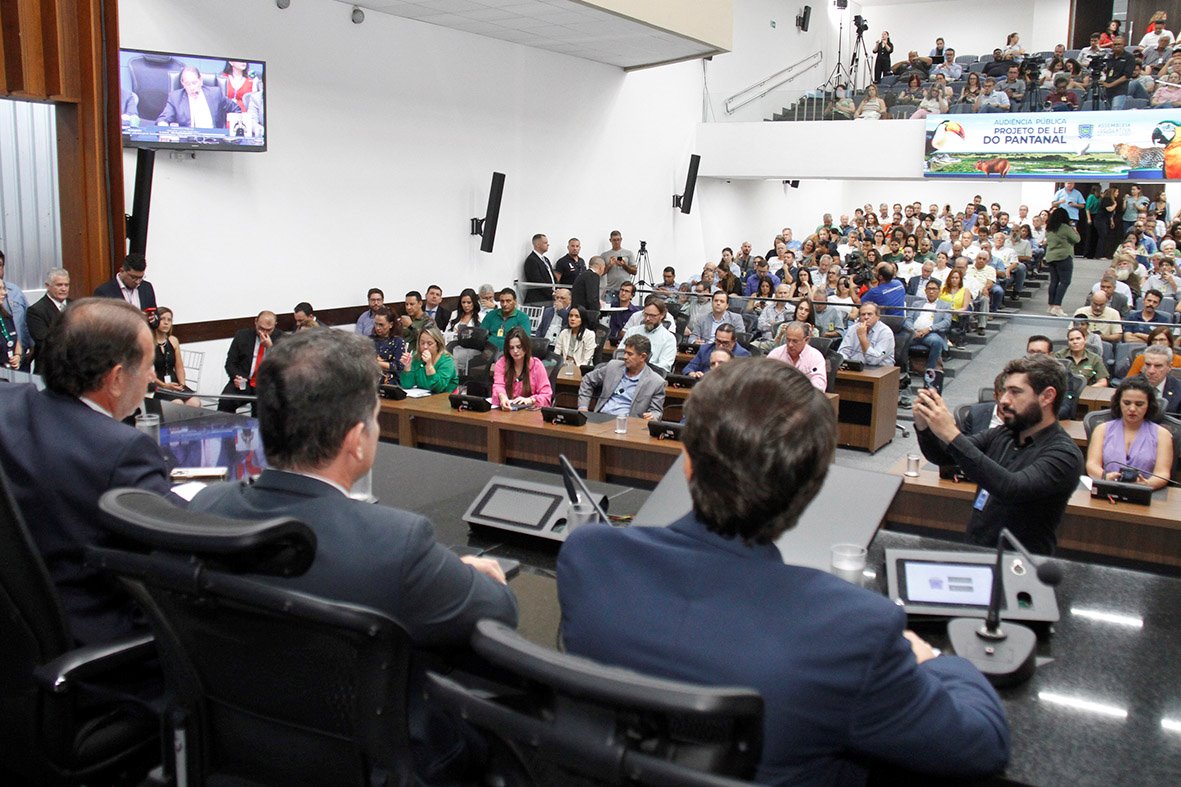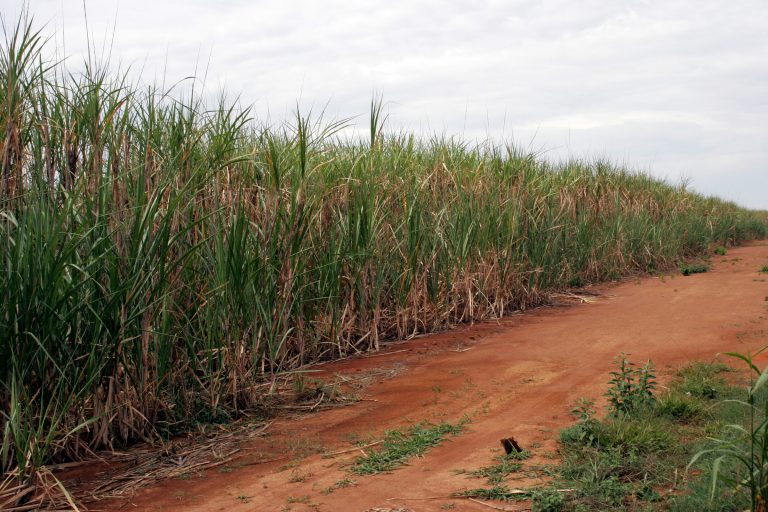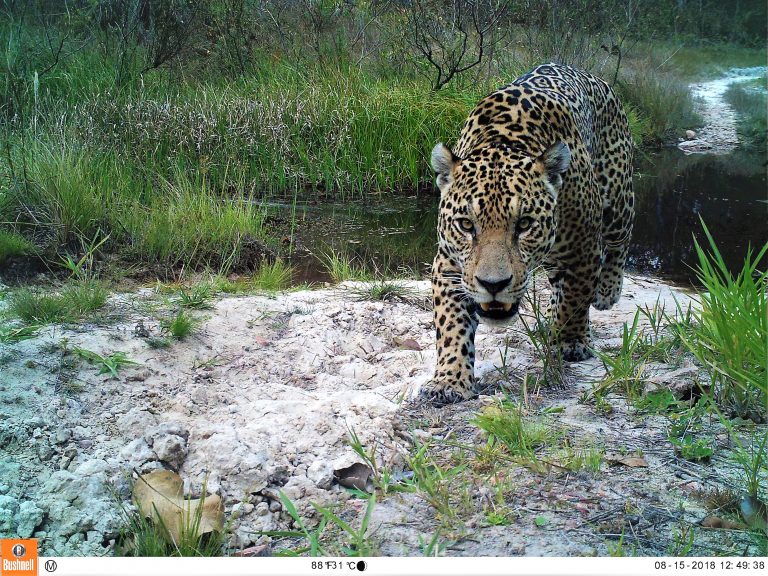In 2020, fires in the Pantanal, the world’s largest continuous tropical wetland, made global news. The flames destroyed almost one-third of the biome. Furthermore, 43% of the affected area was burnt for the first time in 20 or even more years.
As the combination of extreme drought and anthropogenic actions that caused these extreme wildfires is still prevalent, scientifically informed actions are necessary to prevent catastrophic fires in the future. Fire prevention, as well as restoration need to be spatially prioritised, as it is unfeasible to plan actions for the whole extent (150,355 km2) of the Brazilian Pantanal.
In this study, we identified areas of high fire risk based on meteorological fire risk tendency for 1980–2020, fire intensity, last year with fire, the recurrence of fires for 2003–2020, and remaining areas of natural forest vegetation around watercourses. These native remnants include unburnt areas that can serve as refuges for fire-sensitive species and are important for fire prevention.
We identified 246 km2 with high fire risk, i.e., high probability of megafires, with vegetation types that support fire-sensitive plant species. We found that while 179 km2 had high or medium natural regeneration potential, 66 km2 had low potential and needed active restoration. Over 3120 km2 have been severely degraded by recent fires. About 93% of these areas have high or medium potential for natural regeneration, where the suggested actions are passive restoration and Integrated Fire Management.
We estimated the cost of post-fire restoration for areas with high and medium potential for natural regeneration to be around 123 million USD. In areas with low regeneration potential (219 km2), we suggest active restoration. The cost to restore these areas using transplanted seedlings or enrichment planting is estimated between 28 and 151 million USD.

